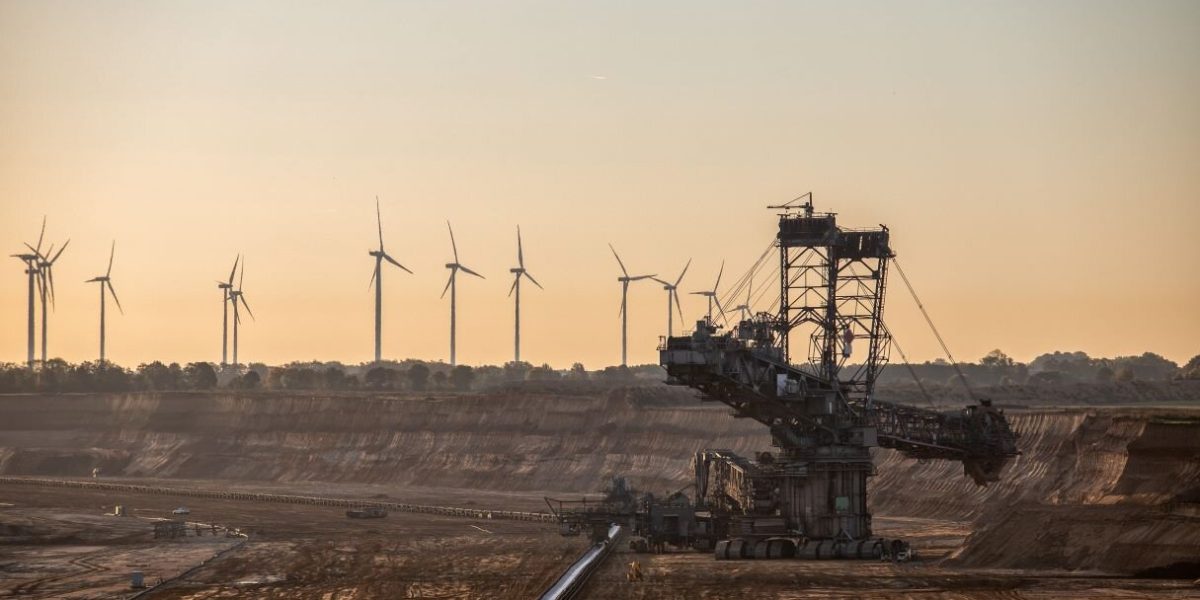Sustainable Development: Natural Resources Governance

Faculty:
Fall 2025: September 1, 2025 – December 19, 2025
Schedule: Wed 16:10 – 19:10 CET (Berlin) | 10:10 AM – 1:10 PM EDT (New York)
Subject: PS
Level: 300
Credits: 4 US / 8 ECTS
Max Enrollment: 22
Language of Instruction: English
Prerequisites:no
There is a widely held belief that the power and success of a state’s development directly depend on how well it is endowed with natural resources. Many people assume that the more oil, gas, coal, and metals a country possesses, the greater its opportunities for ensuring sustainable economic and political development, improving citizens’ well-being, and strengthening its prestige on the international stage. But is this really the case? Why do civil wars break out in African countries rich in diamonds and oil? Why are countries that export hundreds of millions of tons of oil and gas not among the leaders in terms of living standards, while such leaders are often countries that, as a rule, have to import resources? Why is Norway an exception to this rule?
This course addresses these and other questions at the intersection of political science, political economy, and policy analysis. By exploring economic models and theories, we will examine how resource endowment influences various aspects of social and political life through concrete case studies. We will read, think, and discuss decisions made at the local, national, and international levels to ensure economic development, social progress, and ecological balance. Topics will include the resource curse theory and UN’s Sustainable Development Goals, regional conflicts and insurgencies, civil society initiatives and global cartels, Botswana and Norway, nuclear energy and avocados.
The main objectives of the course are:
a) to expand the paradigmatic frameworks for understanding and describing socio-political processes,
b) to develop an understanding of causal mechanisms linking different aspects of economic and political life,
c) to enhance regional expertise and deepen knowledge about contemporary resource and energy markets,
d) to systematize and refine knowledge about the global “green” agenda and the prospects for sustainable development.
The course is offered in the fall semester and consists of 15 in-class sessions, which are divided into three main sections. The first part introduces key theories describing the impact of abundant natural resources on a country’s economy. The second part, based on specific research studies, examines which institutions and areas of a country’s socio-political life face the greatest pressure from a resource-dependent economy. Finally, in the third part, we will:
a) analyze case studies of countries heavily dependent on resource exports to identify key characteristics of their political and economic development,
b) explore specific markets (oil, diamonds, gas, coffee, etc.) and the institutional structures shaping them at local, national, and international levels.
Guidelines for the Statement of Purpose:
Craft a reflective statement of purpose explaining your interest in the Smolny Beyond Borders online course. Your statement’s clarity and substance will significantly influence our selection. Convey your motivations and aspirations for this course succinctly but thoroughly. Kindly write your statement in the course’s Language of Instruction.
